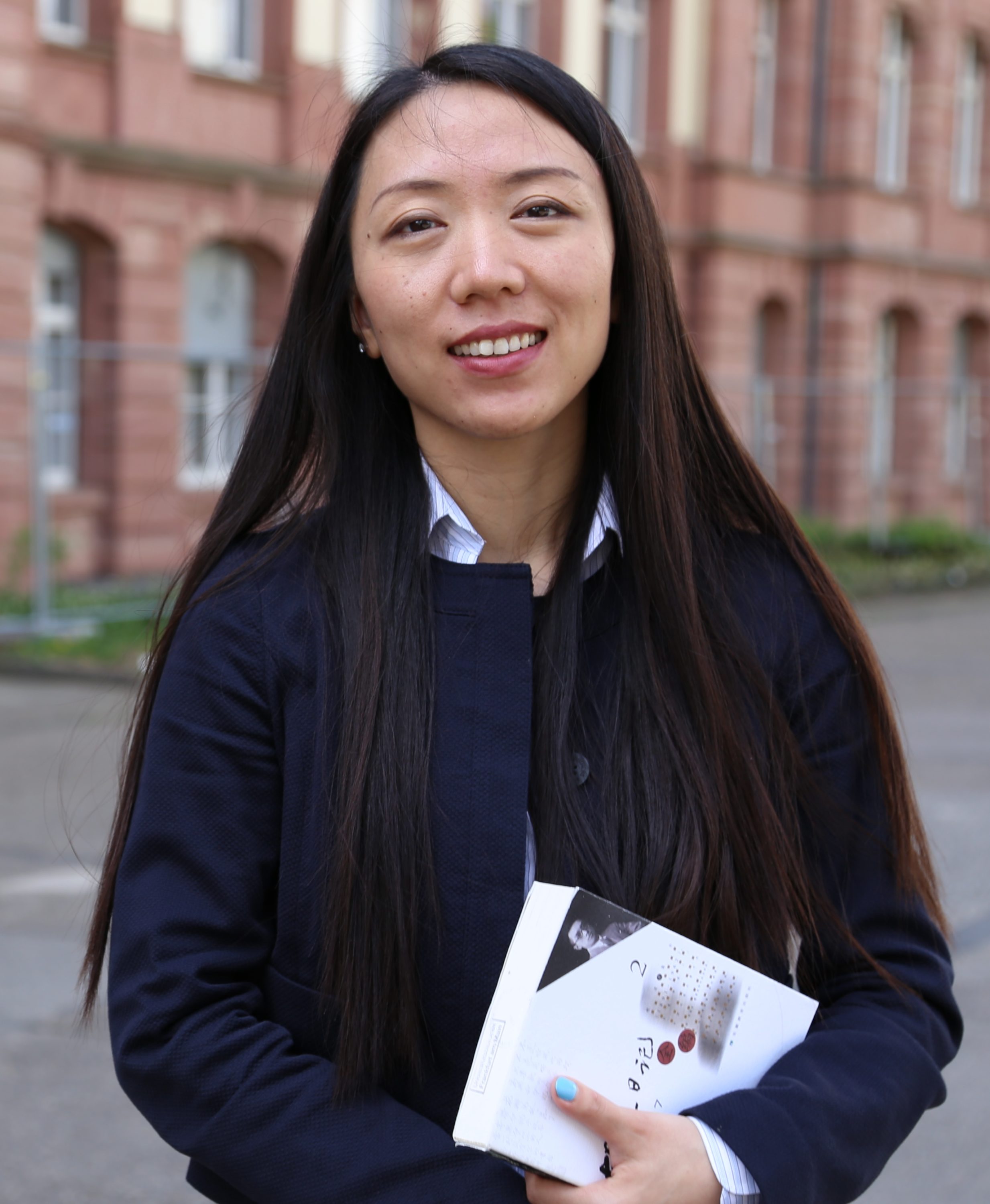Zhiyi Yang is Professor of Sinology at Goethe University Frankfurt am Main. Her research specialty is Chinese literature, poetry in particular. She has worked on Chinese medieval poetry and aesthetics and is currently researching the complex of classical-style poetry, history, politics, and memory in 20th century China. She has published a monograph on Su Shi (1037-1101), the paradigmatic Song Dynasty poet, thinker, and statesman. Her current project is on the poetry and historical memory of Wang Zhaoming (1883-1944), better known as Wang Jingwei, leader of China’s collaborationist regime during the Second World War.
Project: The Poetics of Memory: Wang Jingwei (1883-1944) and China’s WWII Collaboration
Collaboration is a peculiar kind of crime in the age of nation-states, and Wang Zhaoming (1887-1944), better known by his penname Wang Jingwei, leader of the collaborationist Reorganised National Government (RNG) (1940-1945) in Japanese-occupied China, was a peculiar kind of collaborator. He strikes many as cherishing altruistic or even patriotic sentiments when he embarked a Peace Movement to end the war. Historians have been tempted to call his regime’s action as “between collaboration and resistance” (Liu Jie) and its ideology “collaborationist nationalism” (Timothy Brook). Yet, institutionalized punitive forgetting in China has stalled in-depth investigation, and the question of wartime memory concerning collaboration and native Chinese war crimes has so far never been explored.
This research project explores the problematique of remembering wartime collaboration in China through the prism of Wang Jingwei’s poetry. A fine poet who wrote in classical-styles that succeeded China’s thousand-year-long lyric traditions, Wang entrusted his poetry to contain the truth of him. These poems, still published and read today, thus create a counter-memory of Wang’s person and the historical circumstances of his regime. Since poetry not only records but also transforms truth, the patriotic poetry of a collaborator poses a series of exegetical, ethical, and historiographical questions. This project proposes to read them as a special kind of memory text that contains, among others, witness, traumatic, and cultural memories; they attempt to not only witness but also to transform historical memory. Other textual materials that I use include various speeches and writings by top collaborators (often cultural elites), historical and legal documents, and available archives worldwide. Museums, monuments, and other memory spaces are visited to see what has been selectively remembered or punitively forgotten. Mass media presentations are investigated to reveal the mechanisms of manufacturing, distributing, and consuming social memories. I will further explore the comparative dimension of wartime collaborations, with special attention paid to the parallels and dissimilarities between the RNG and the Vichy Regime.
Publications:
MONOGRAPHS
- “Ziran” zhi bian: Su Shi de youxian yu buxiu“自然”之辯:蘇軾的有限與不朽. Beijing: Sanlian chubanshe 三聯出版社, 1st print: October 2018; 2nd print: August 2019
- Dialectics of Spontaneity: The Aesthetics and Ethics of Su Shi (1037-1101), Leiden: Brill, July 2015; Open Access: May 2019.
EDITED VOLUMES
- Guest Editor. Special Double Issue “Multivalent Lyric Classicism,” Frontiers of Literary Studies in China, 12.3 (October 2018).
- Guest Editor. Special Double Issue “Multivalent Lyric Classicism,” Frontiers of Literary Studies in China, 12.2 (July 2018).
- Guest Editor.Special Issue “Back into Modernity,” Frontiers of Literary Studies in China 9.4 (December 2015).
JOURNAL ARTICLES
- “The Memory of an Assassin and Problem of Legitimacy in the Wang Jingwei Regime (1940–1945),” Harvard Journal of Asiatic Studies, 2020 (forthcoming)
- “Site: The Impossibility of Remembering the Past at Nanjing,” Modern Chinese Literature and Culture (MCLC), 32.1 (2020): 233–278.
- “A Humanist in Wartime France: Wang Jingwei during the First World War,” Poetica 49 (2017/2018): 163–192.
- & Dayong Ma, “Classicism 2.0: The Vitality of Classicist Poetry Online in Contemporary China,” Frontiers of Literary Studies in China(FLSC), 12.3 (2018): 526–557.
- “The Making of a Master Narrative and How to Break It: Introduction to the Double Special Issue ‘Multivalent Lyric Classicism’,” Frontiers of Literary Studies in China(FLSC), 12.2 (2018): 153–181.
- “The Tower of Going Astray: The Paradox of Liu Yazi’s (1887–1958) Lyric Classicism,” Modern Chinese Literature and Culture(MCLC), 28.1 (2016): 174–221.
- “The Modernity of the Ancient-Style Verse,” Frontiers of Literary Studies in China(FLSC) 9.4 (2015): 551–580.
- “Introduction to the Special Issue on Modern Chinese Lyric Classicism,” Frontiers of Literary Studies in China(FLSC) 9.4 (2015): 510–514.
- “Frankfurt Consensus,” Foreword to Frontiers of Literary Studies in China(FLSC) 9.4 (2015): 507-509.
- “The Road to Lyric Martyrdom: Reading the Poetry of Wang Zhaoming (1883–1944),” Chinese Literature: Essay, Articles, Reviews(CLEAR) 37 (2015): 135–164.
- “Return to an Inner Utopia: Su Shi’s Transformation of Tao Qian in His Exile Poetry,” T’oung-Pao99 (2013): 329–378.
- “Classical Poetry in Modern Politics: Liu Yazi’s PR Campaign for Mao Zedong,” Asian and African Studies, 22.2 (2013): 208–226.
- “Zhu Xi as Poet,” Journal of the American Oriental Society 132.4 (2012), 587–611.
Visit https://www.zhiyiyang.com
Email: z.yang@em.uni-frankfurt.de




